Photos by: Gillian Schutte
Sikhala Sonke invited media and public to bear witness to their lives in Marikana in August 2014.
SEE PHOTOS BELOW.
After a gathering where they gave testimony to their lives and hardships they took us on a site inspection.
The site inspection of Wonderkop, Marikana was followed by a brief speak-out in which the women of Marikana and widows testified to their ongoing pain and experience of injustice. They also spoke about what they want to change in their lives.
Invitees included Ministers and Parliamentarians, the Office of the Premier in the North-West province, representatives of Chapter Nine bodies, prominent civil society leaders and cultural workers.
The meeting took place on Tuesday 12 August at 11am outside the main entrance to the Wonderkop Stadium.
Nearly two years has passed since the massacre of striking mineworkers in Marikana on 16 August 2012. Media and public attention has since been focused on the Farlam Commission and, more recently, on the five-month plus strike action on the Platinum belt. Eyes have long been turned away from day-to-day life in Marikana, and the distant rural villages and towns from which some of the mineworkers, killed in the massacre, originate and where their surviving families remain.
The invite to this event read like this:
“As we approach the two year anniversary of the Marikana massacre, it is an appropriate time to ask:
– Are the Lonmin workers and community members living in conditions any better than two years ago? What has Lonmin done to improve lives? What has the local municipality done?
– What justice has there been for the widows of Marikana and the families of the mineworkers that were killed? Has there been any compensation for their grievous losses? How are these families being supported by Lonmin and government?
– Do workers and the community feel that justice has been served in the past two years?
The women of Marikana – organised as Sikhala Sonke – invite you to bear witness to their living conditions, their continued suffering and their acute feeling that justice for workers, for widows, for the community as a whole has not been served.”
This initiative was supported by WoMin, Benchmarks, Media for Justice, Worker and Community Solidarity Committee and the Marikana Support Campaign.
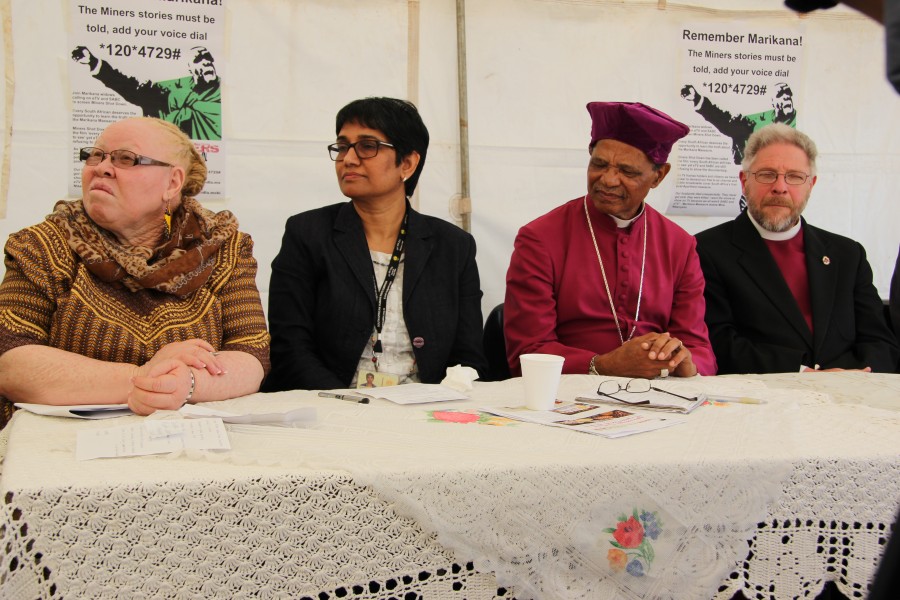

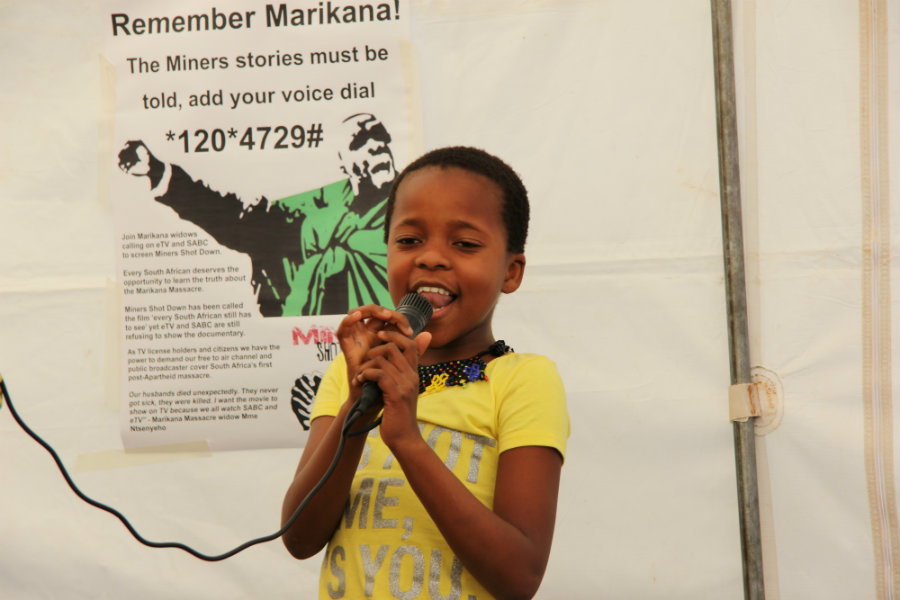
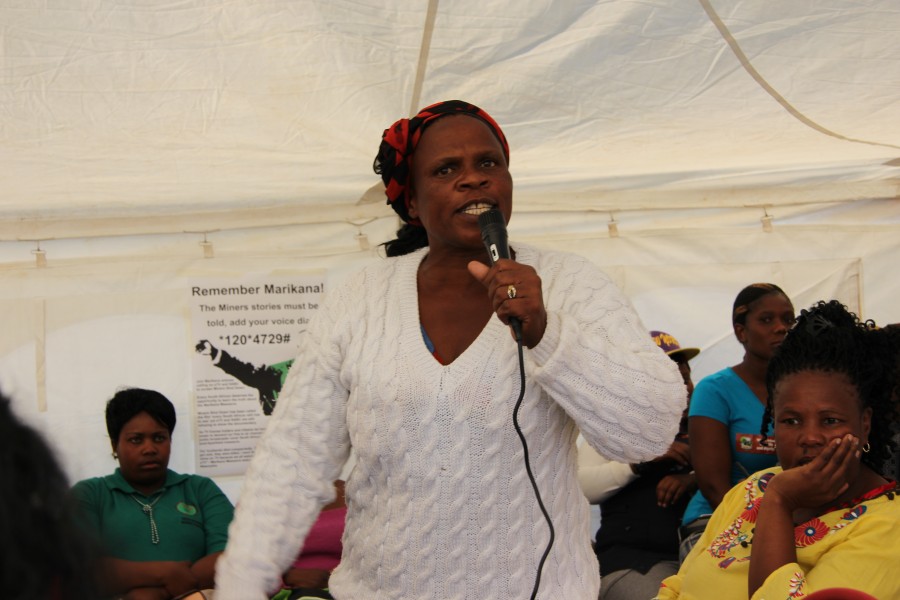
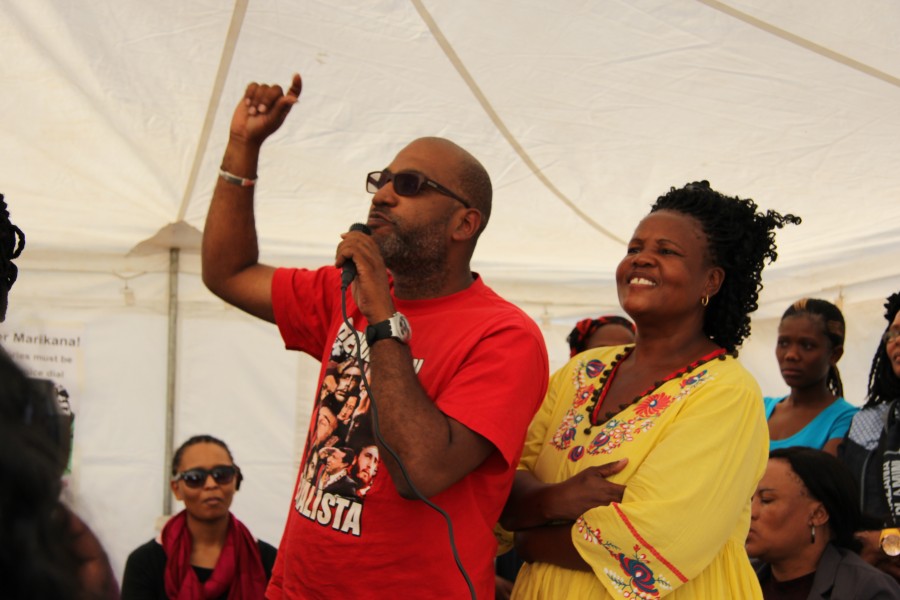
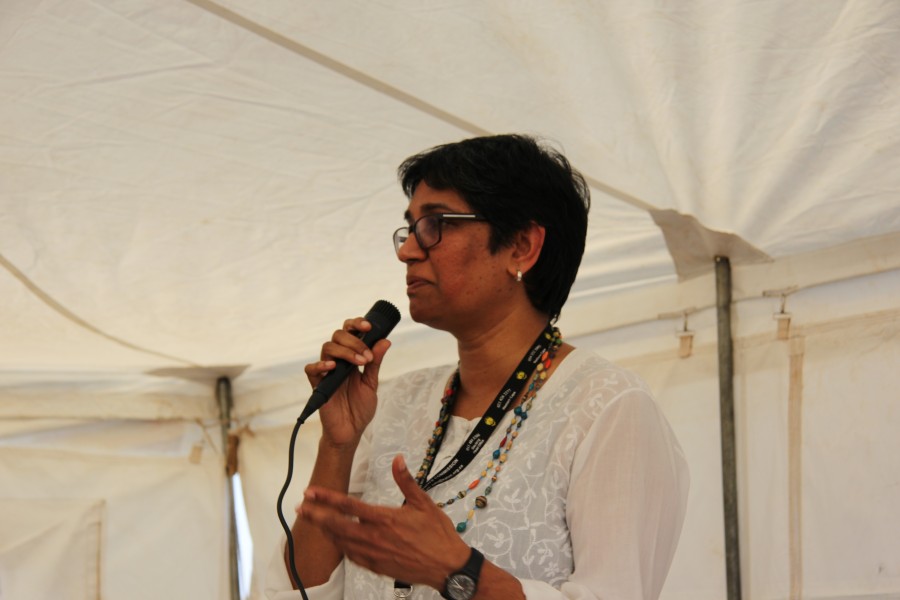
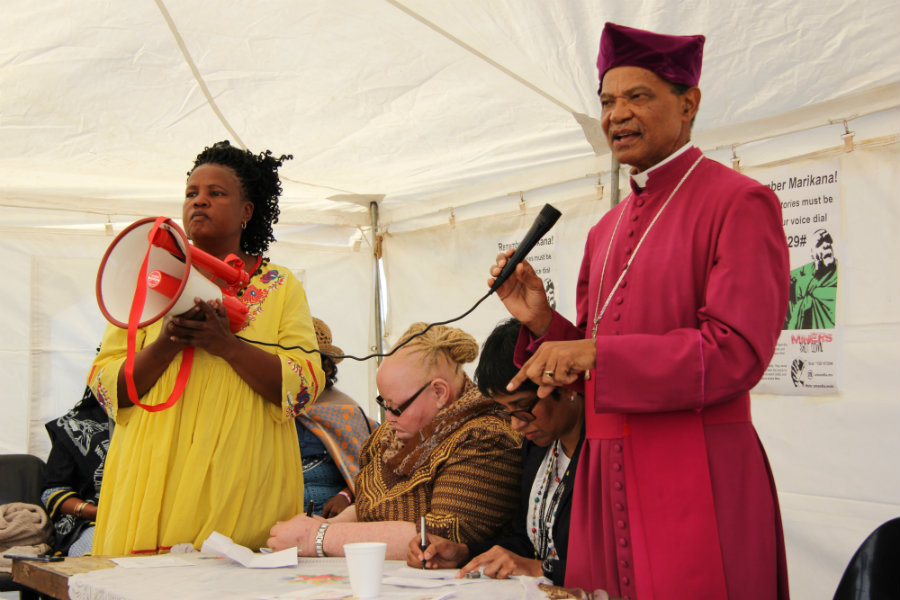
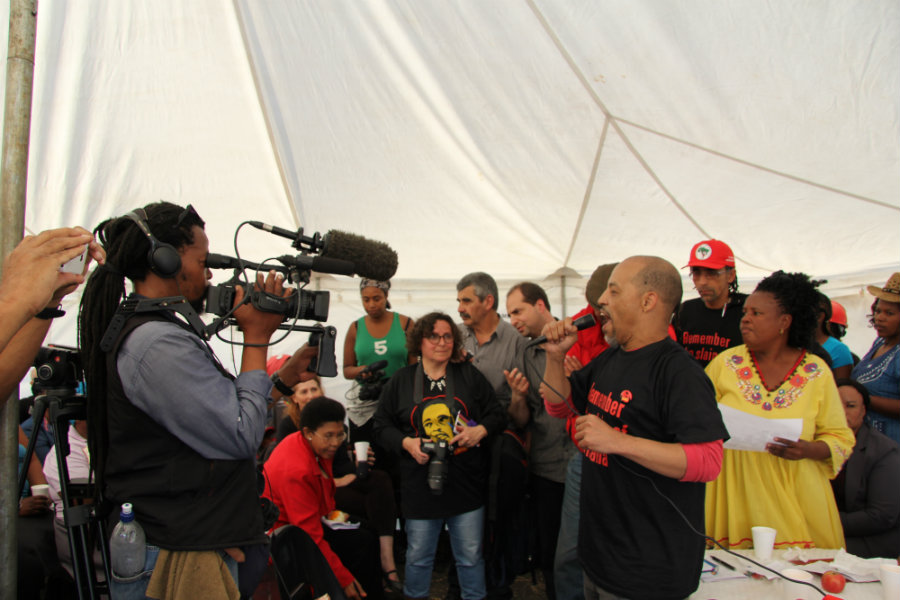

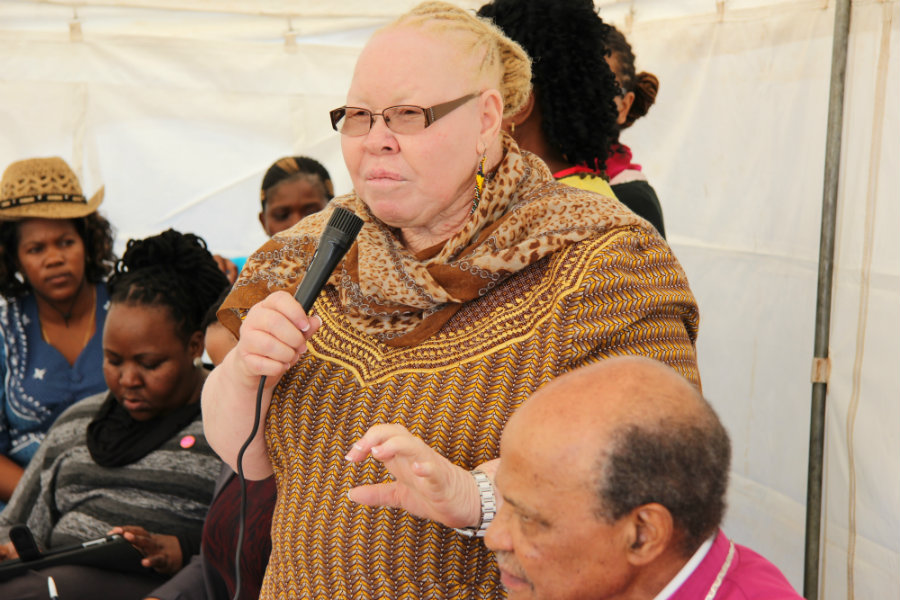

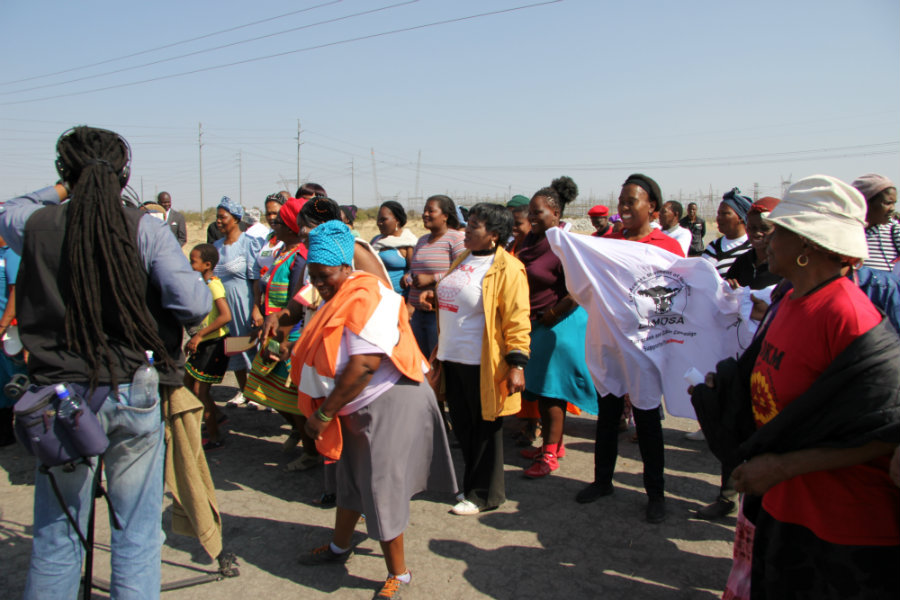
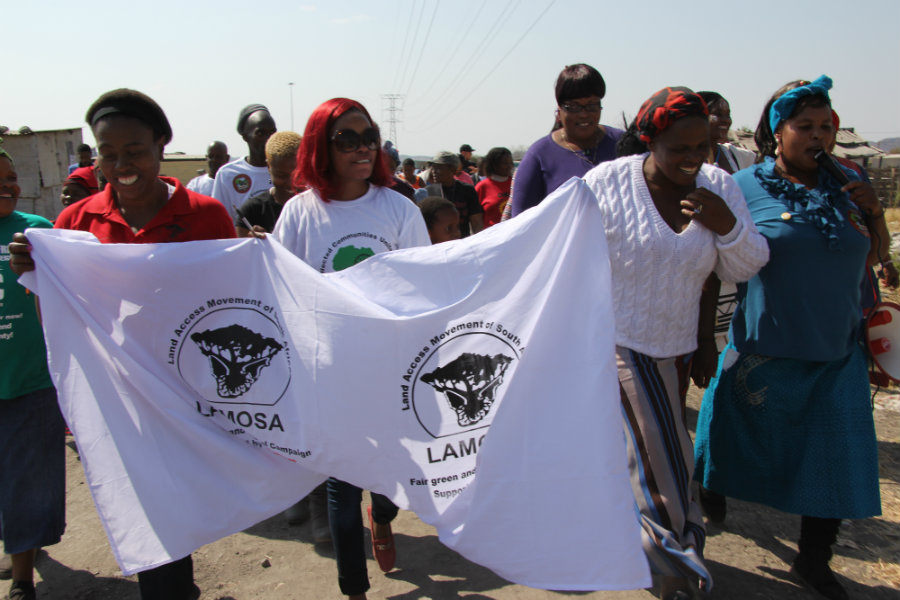

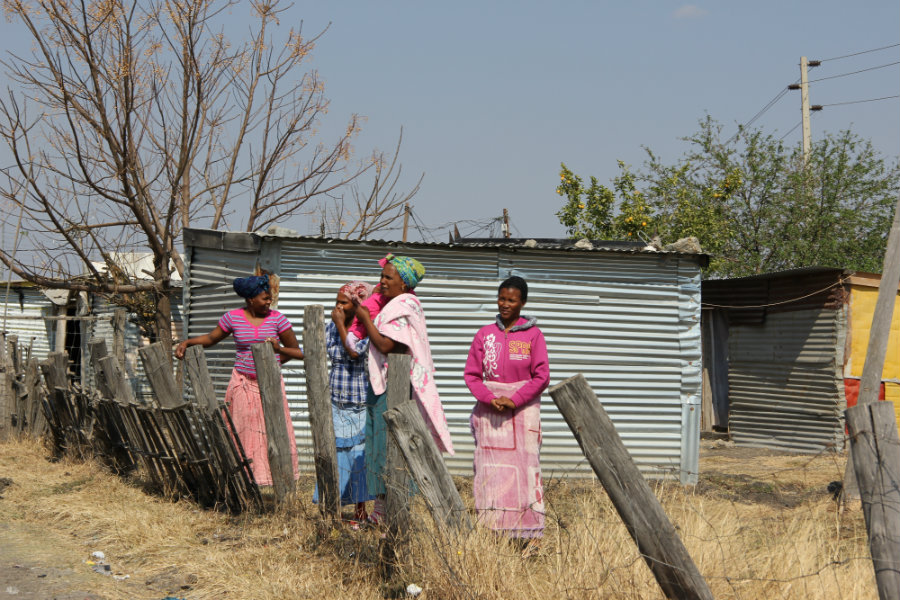
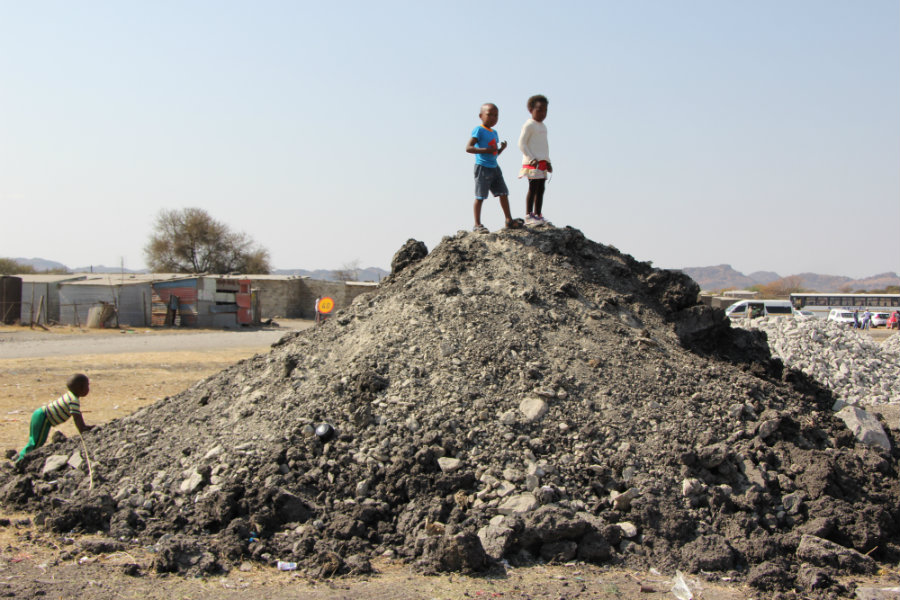
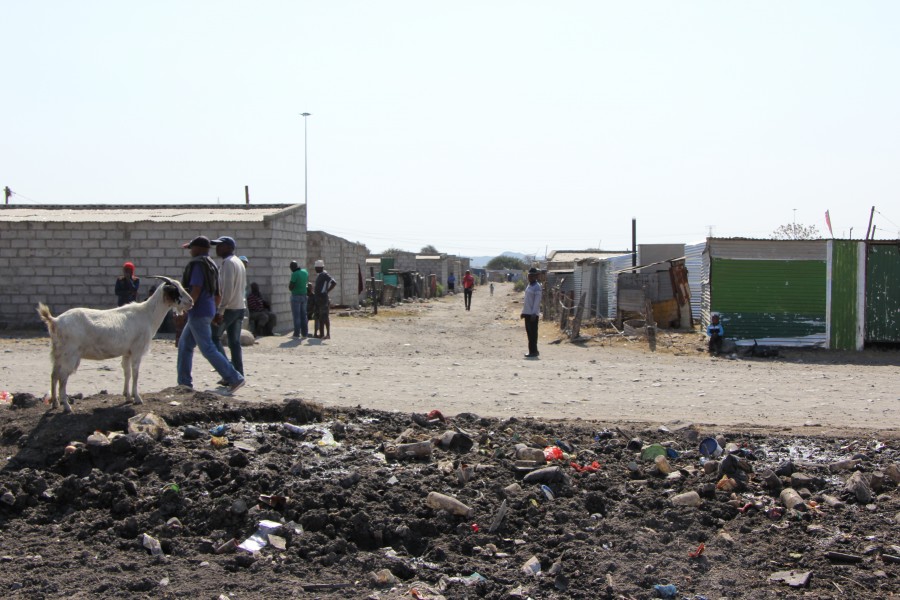
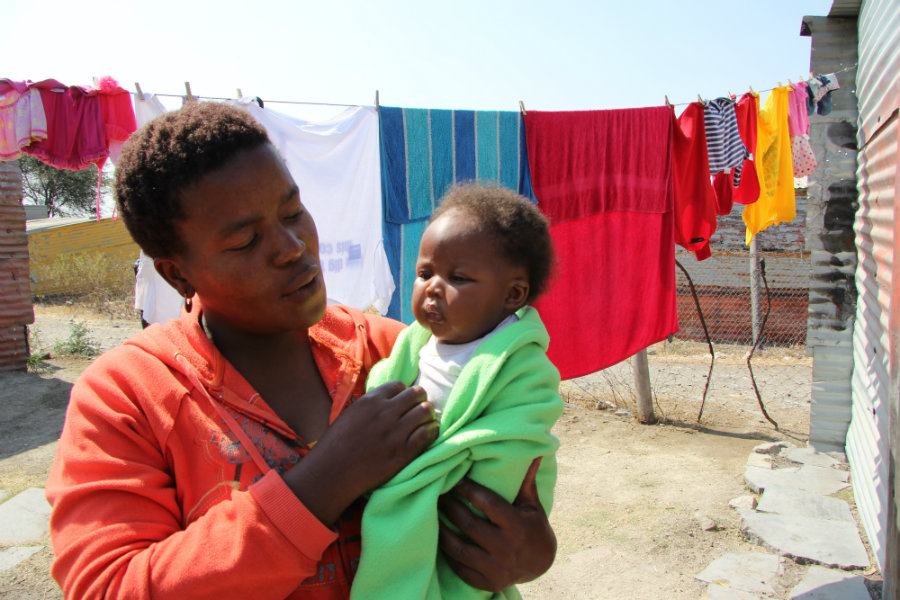
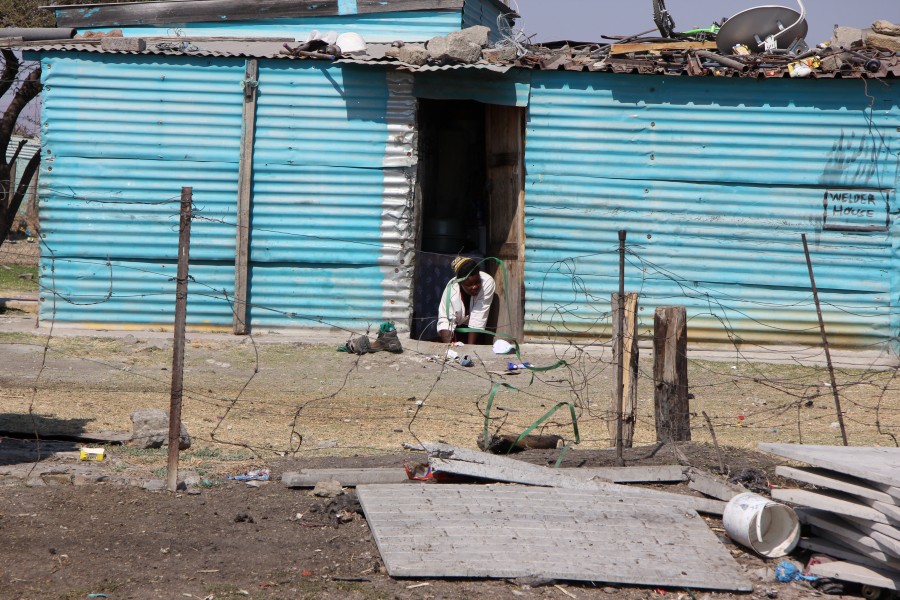
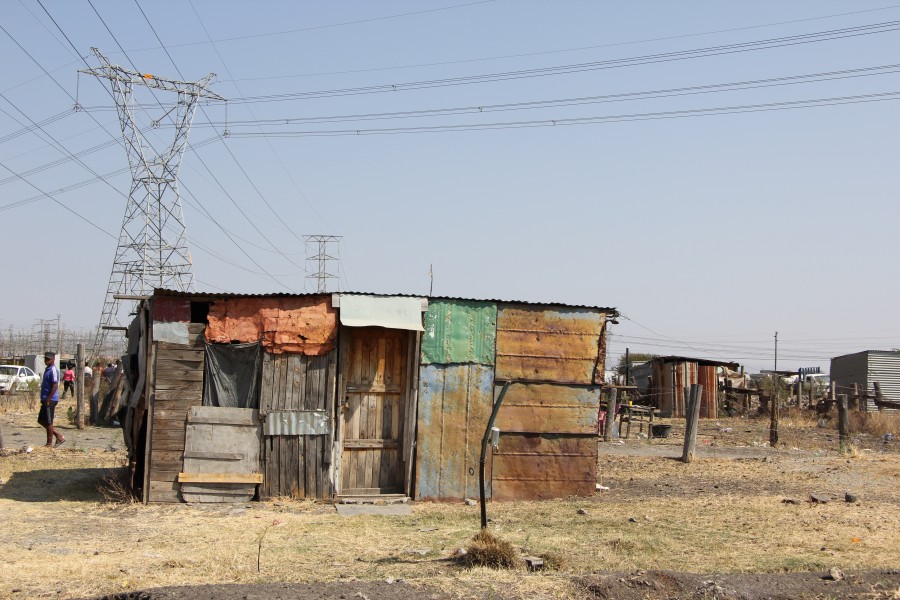
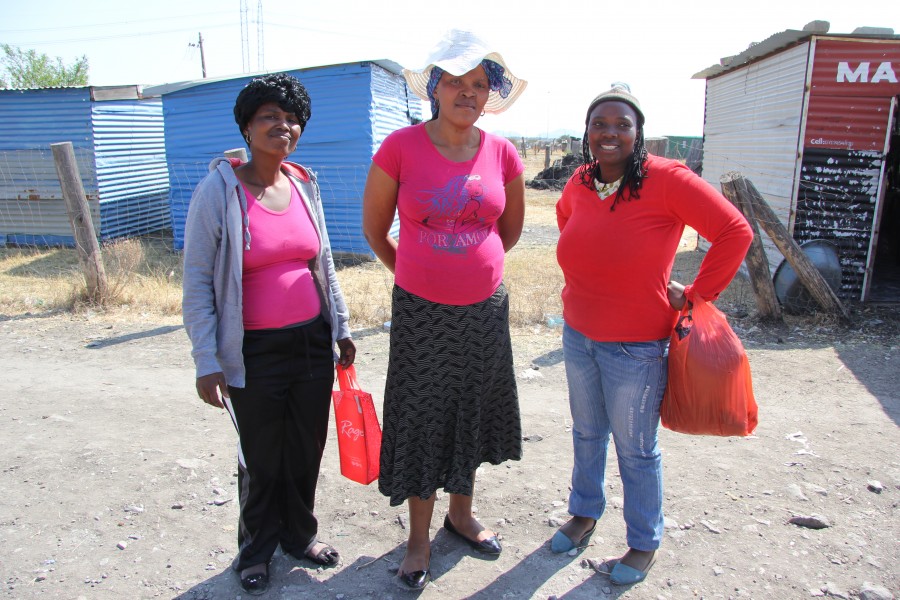
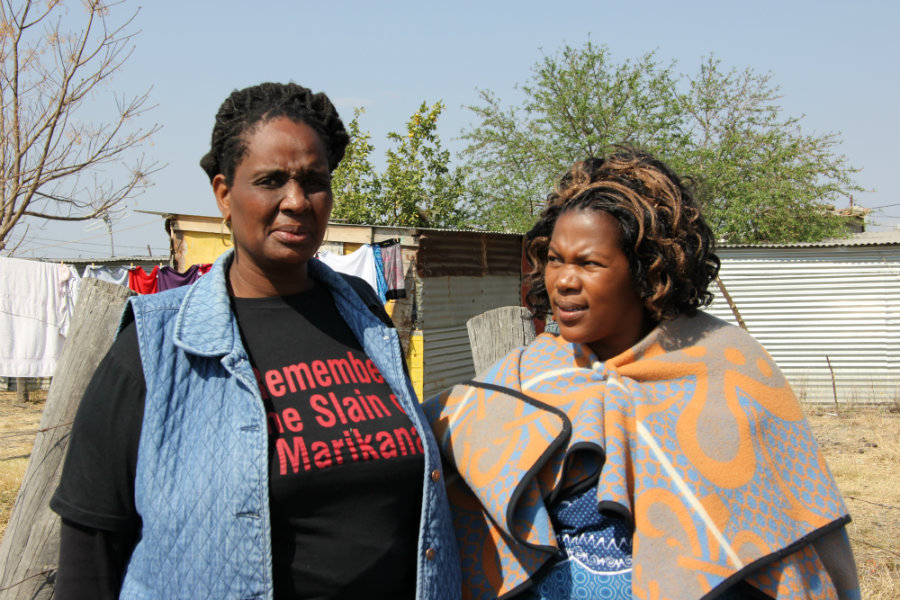
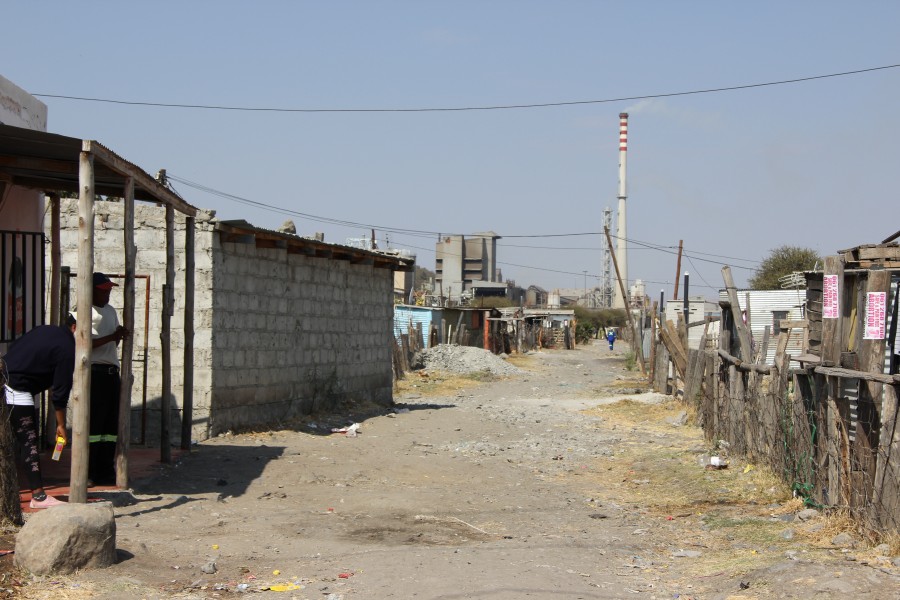
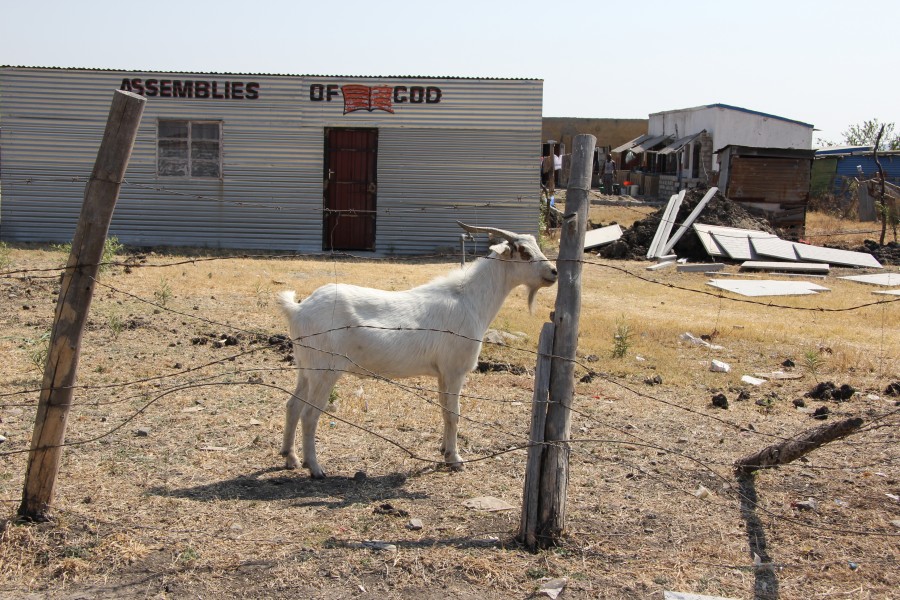
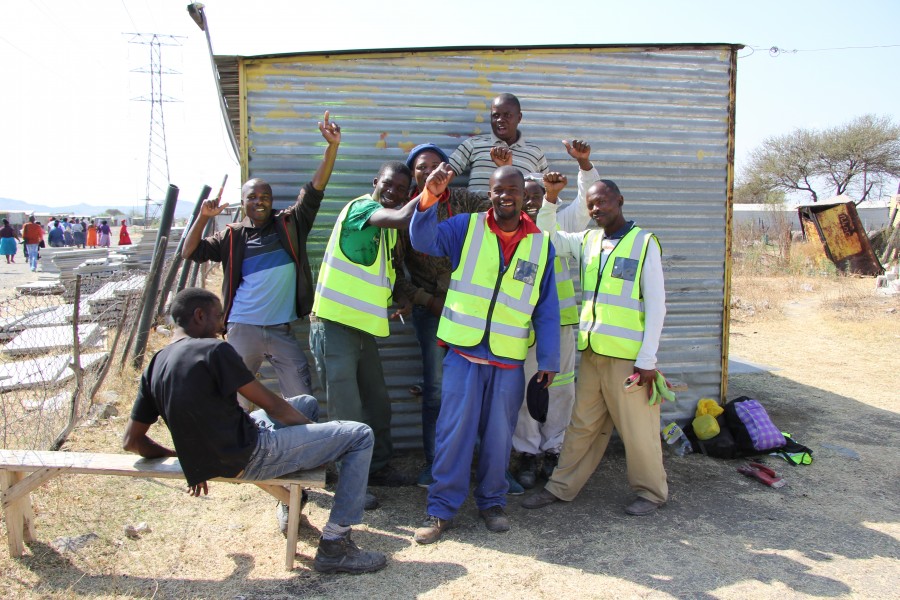
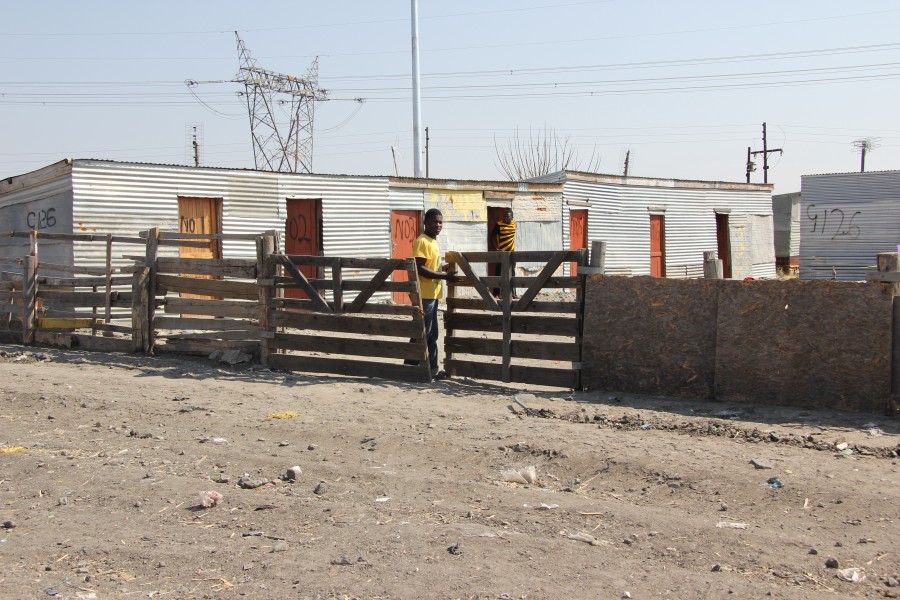
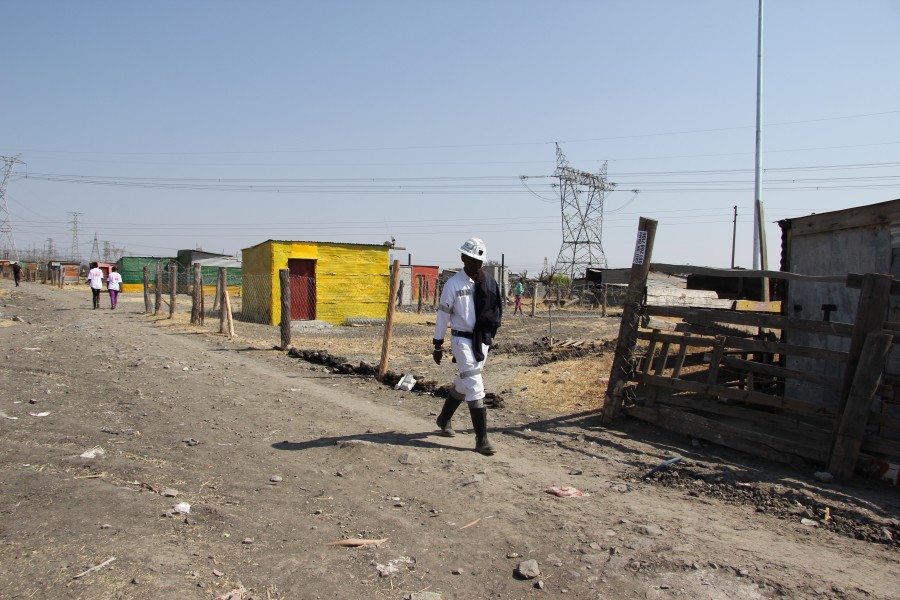
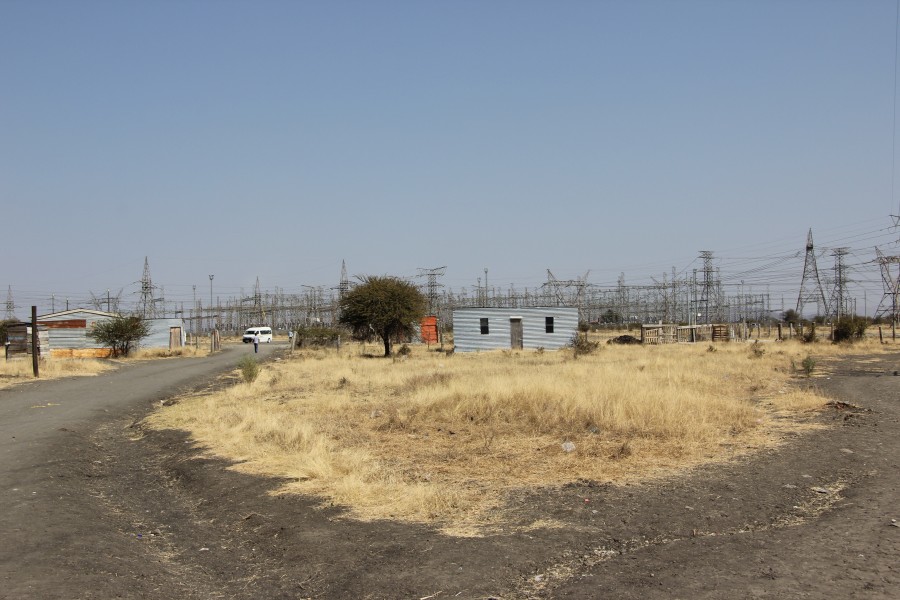
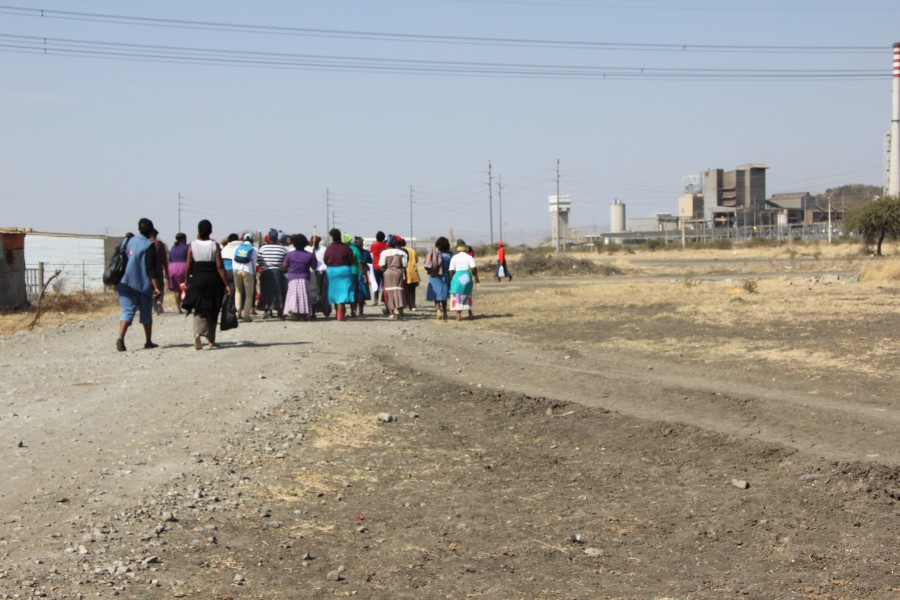
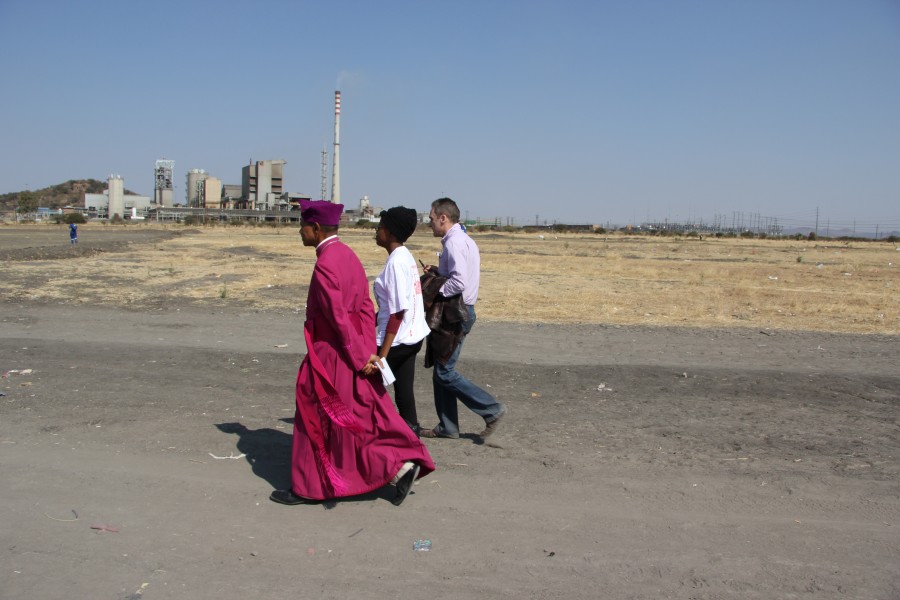
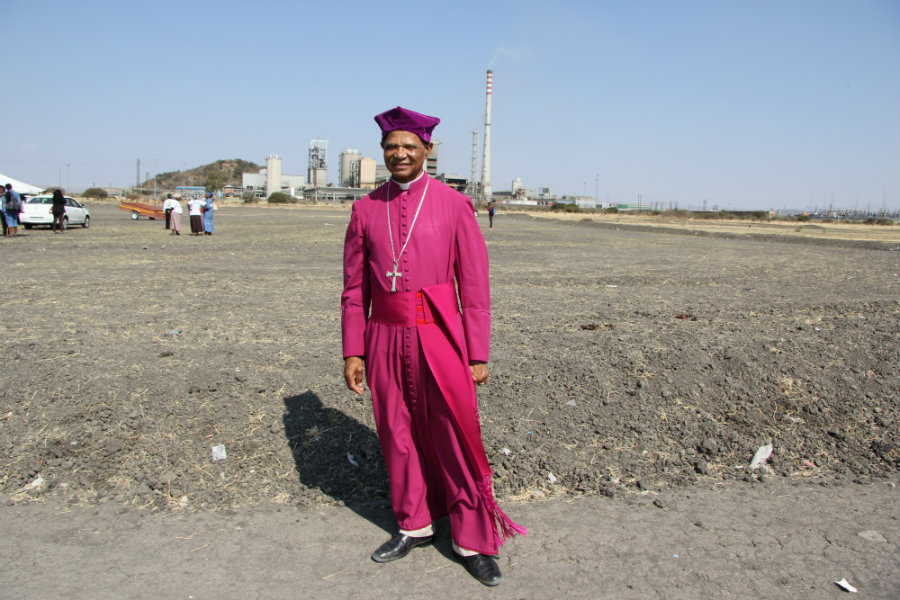
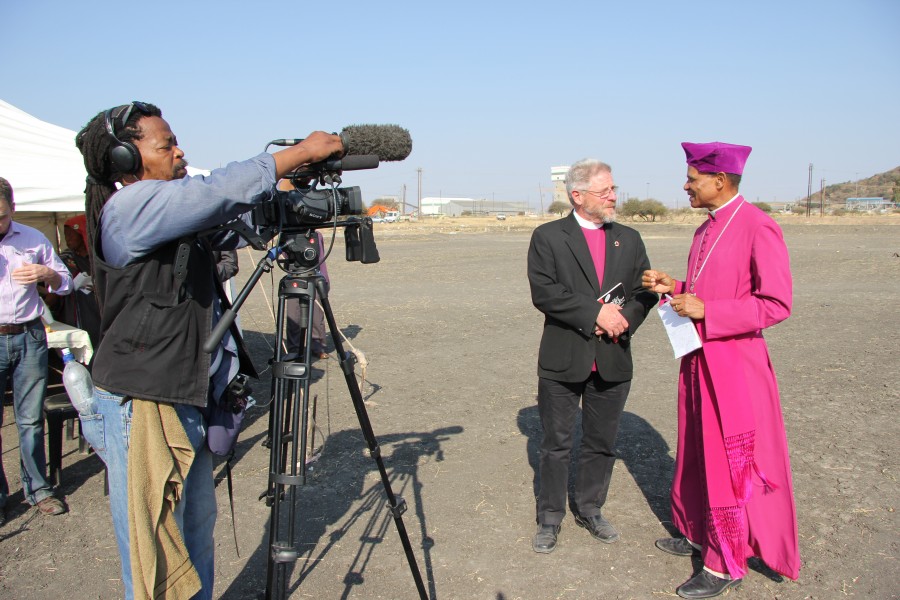
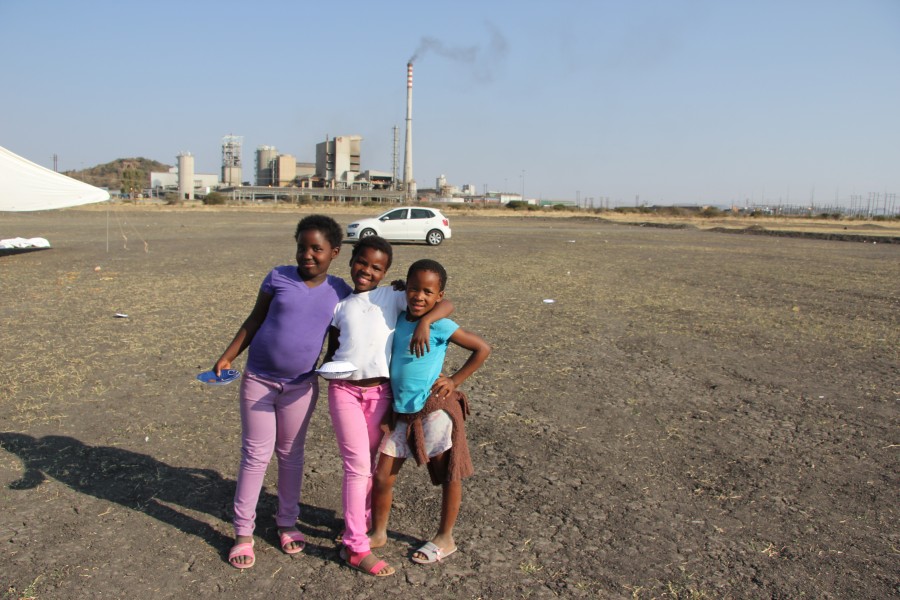
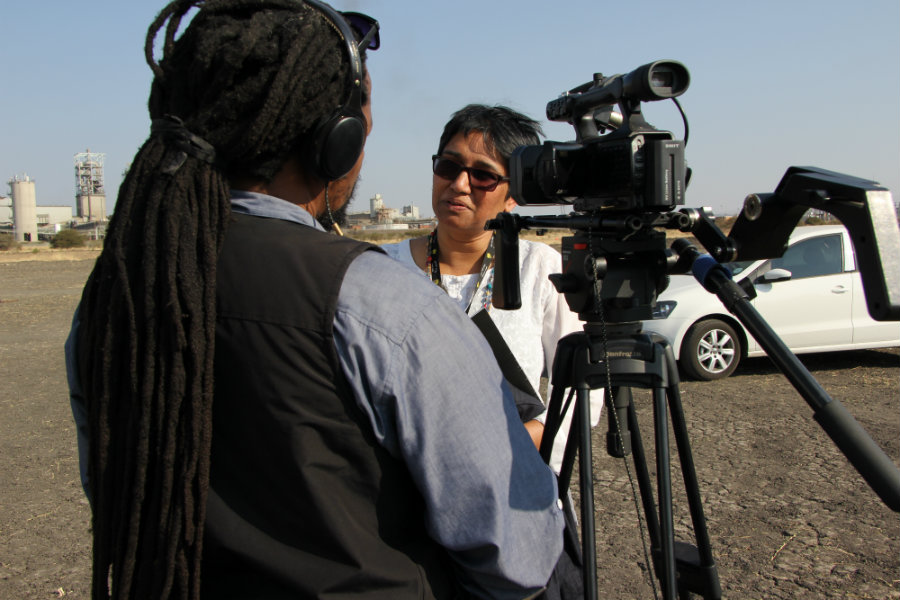
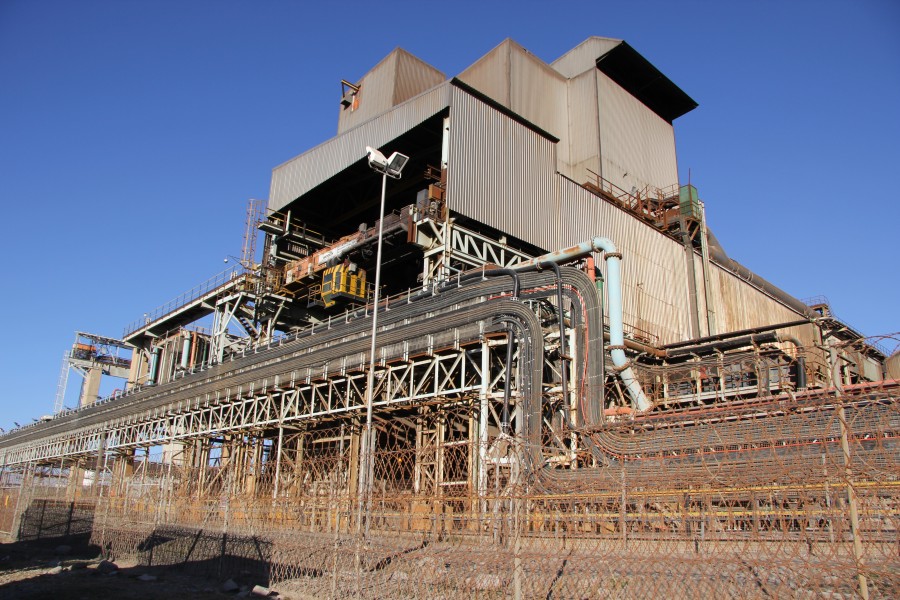

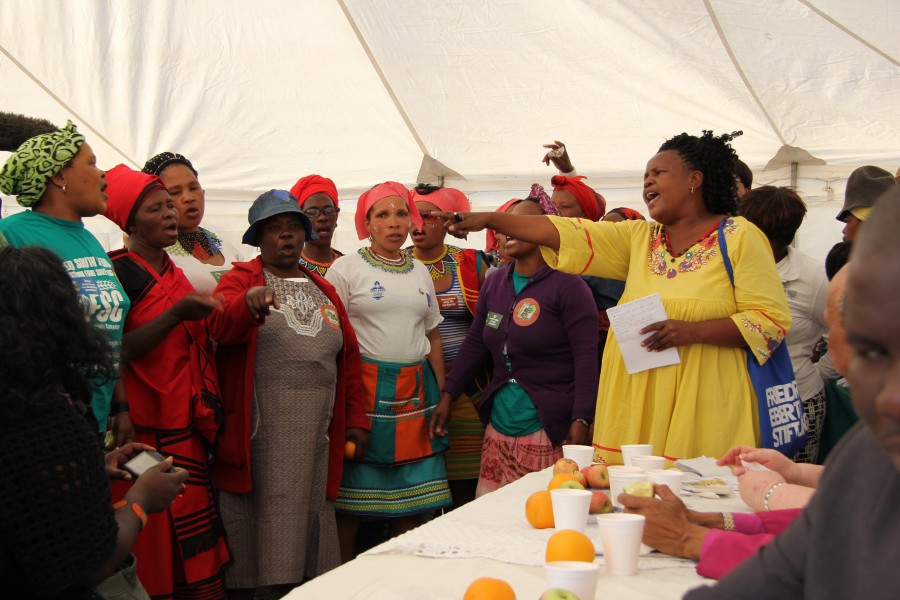
Can I just say what a relief to find an individual who in fact knows what theyre talking about on the net. You undoubtedly know how you can bring an issue to light and make it vital. Far more individuals need to read this and realize this side of the story. I cant think youre not more well-liked for the reason that you unquestionably have the gift.
Hi! I know this is somewhat off topic but I was wondering if you knew where I could get a captcha plugin for my comment form? I’m using the same blog platform as yours and I’m having trouble finding one? Thanks a lot!
My brother recommended I may like this web site. He was once entirely right. This post actually made my day. You cann’t imagine just how a lot time I had spent for this info! Thanks!
Hola! I’ve been reading your web site for a long time now and finally got the bravery to go ahead and give you a shout out from Houston Texas! Just wanted to mention keep up the fantastic job!
Well I definitely enjoyed reading it. This article procured by you is very useful for proper planning.
You completed a number of nice points there. I did a search on the topic and found mainly people will agree with your blog.
This really is the best blog for everyone who wants to locate out about this topic. You comprehend so considerably its nearly tough to argue with you (not that I truly would want…HaHa). You definitely put a new spin on a subject thats been written about for years. Great stuff, just wonderful!
I’d need to test with you here. Which is not one thing I usually do! I enjoy studying a put up that can make people think. Also, thanks for allowing me to comment!
As I web site possessor I believe the content matter here is rattling wonderful , appreciate it for your efforts. You should keep it up forever! Best of luck.
There are some exciting points in time in this article but I don’t know if I see all of them center to heart. There is certainly some validity but I will take hold opinion until I look into it further. Very good post , thanks and we want more!
Tadalafil 20 Mg Without Prescription [url=http://zol1.xyz/order-zoloft-online.php]Order Zoloft Online[/url] Levitra Generico Su Internet Mail Order Synthroid [url=http://zol1.xyz/cheap-zoloft-generic.php]Cheap Zoloft Generic[/url] Achat Cialis 20mg These companies will simply match you with a prospective lender based on your completed application.Repay your loans on time and you should be fine. [url=http://quickloannow24.com]quick money[/url] Unsecured loans no collateral Peerform is a leading marketplace lender dedicated to helping individuals take control of their finances.The interest rate on a Shared Secured loan is very low.Closest Thing To Levitra [url=http://kama1.xyz/kamagra-cheap.php]Kamagra Cheap[/url] Metformin Without A Prescription Order Synthroid No Prescription [url=http://cial5mg.xyz/cialis-generic.php]Cialis Generic[/url] Is 20 Mg Prednisone A High Dose Original Kamagra Oral Jelly [url=http://kama1.xyz/kamagra-soft-tablets.php]Kamagra Soft Tablets[/url] Viagra Pfizer Wiki Cephalexin Rash Pictures [url=http://cial5mg.xyz/cialis-online-usa.php]Cialis Online Usa[/url] Viagra Receta Venta